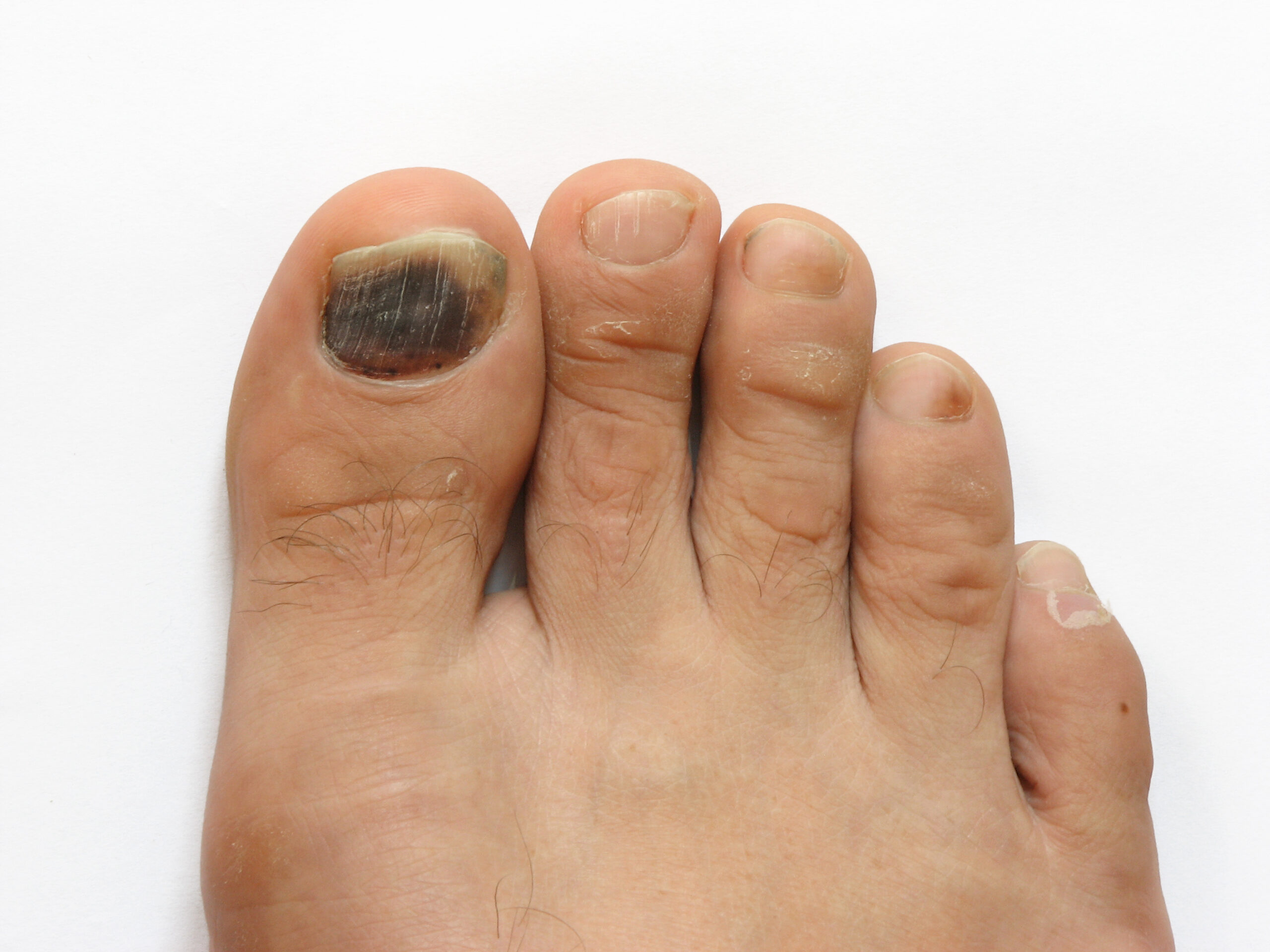Improve the appearance and health of your toenails
Are your toenails thick, discoloured and a struggle to cut? Do you long to feel confident about your feet and able to wear sandals in the summer with pride? Some people are born with thick discoloured nails, whereas others develop them through poor footwear or as a result of having an accident. At Podiatry Station, we can help. Thick toenails are a common problem, but with the correct specialist treatment they can be improved.
Book your treatment









